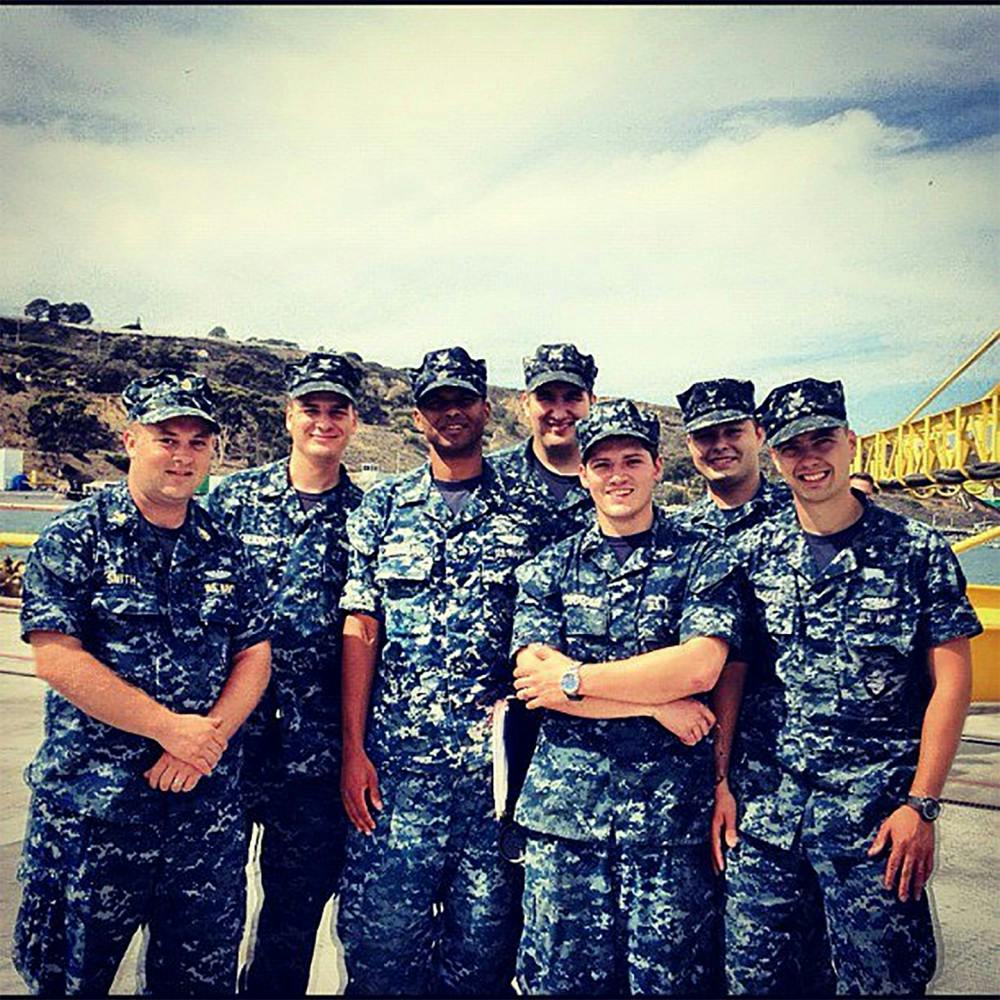As a new student, having access to people that are familiar and welcoming can greatly ease the transition into the first semester. In my case, these people are veterans, and they are a valuable asset in my stress management. As finals approach and workloads increase, being able to take a break in the “Vet Lounge” and vent my frustrations with like-minded people is a priceless resource.
Any given weekday, especially come lunch time, you can walk up to the Student Success Center and see a few veterans relaxing in the lounge. The first time I walked into the Vet Lounge felt just like the hundredth, accepting and familiar. Large fraternities and sororities will identify with the idea that there is something comforting in the thought that no matter where you go, you can probably find someone you can relate to without even knowing their name. Comfort is something that USC strives to give its veterans so that they can better balance their already-established personal lives with their newly incorporated student life.
Andrea Williams, the assistant director of transfer and special student populations and Army veteran herself, does just that by spending anywhere between “20 to 50 percent” of her day working with veterans.
“They have other things that’s kinda going on outside of school,” Williams said. “So, if they don’t know where to go to get something done, they can come here and we can point them in the right direction.”
You may be surprised at how far that help and gentle nudge in the right direction goes. After six years in the Navy, I decided to move back into civilian life. When I got out, I moved on to a job doing similar work for another four years because it was easy, but it wasn’t what I wanted. It took 10 years of a by-the-book career in nuclear power to beat into my head that I could not just get by doing the same job day in and day out. When I finally got up the courage to change career paths, which is hard to do the older you get, it was help from people like Williams that made it feel right.
As nontraditional students, being older is certainly a barrier that we must mentally overcome in order to start the college process. This was a top concern for Brooks Herring, fourth-year exercise science major and Navy veteran. When he made the decision to apply, however, he had the help of other veterans to push him along.
“My brother had just finished up at Iowa, doing diesel technology — he’s retired Army — and he was all over me about it [college],” Herring said. “I considered myself too old, and it’s way too late.”
But Herring applied anyway, and like many new Gamecocks have this week, he received his acceptance letter in the mail.
“I applied, sent in all my stuff, and they accepted me as a transfer,” Herring said. “They sent me the big 'Yes!' envelope.”
Herring is vice president of the Student Veterans Association, but that's not the only way he wants to support veterans. He is going to college to get the skills he needs to help veterans overcome wounds they suffered in combat so that they can continue to lead their lives with the strength they're accustomed to.
It’s compassion like this and people like Williams and Herring that makes the veteran community so strong. It is one I’m proud to be a part of, and the community at USC is no different.

